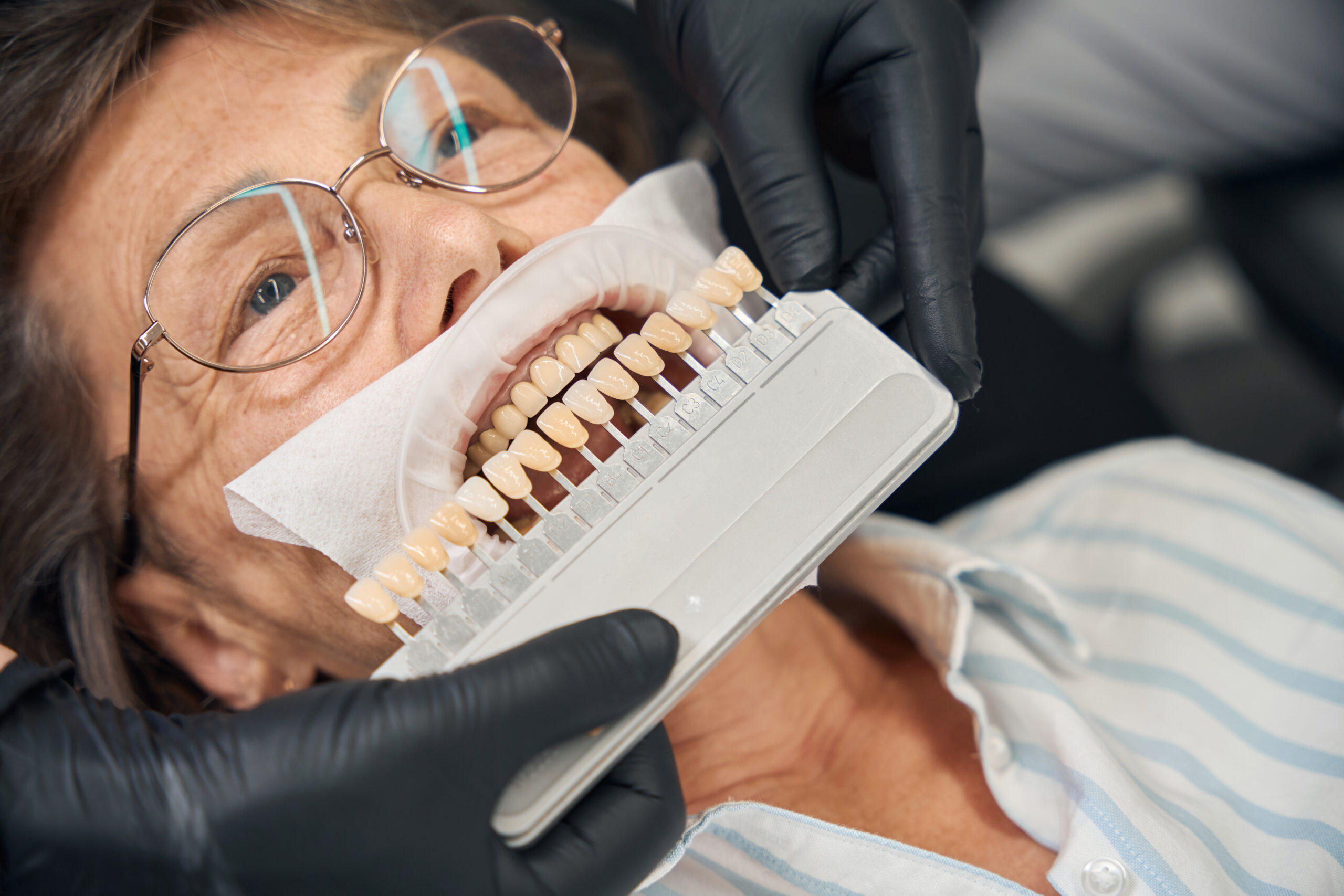Choosing the Right Crown Material for Your Smile
Dental crowns play a vital role in restoring damaged or weakened teeth, helping to enhance function, protect the tooth structure, and improve aesthetics. Whether you need a crown due to decay, fractures, or a root canal, choosing the right material is crucial. In this guide, we’ll compare different dental crown materials based on durability, appearance, and cost to help you make an informed decision.
📌 Related Reading: Dental Crowns & Bridges – What You Need to Know
What Are Dental Crowns?
A dental crown is a cap placed over a tooth to restore its shape, strength, and appearance. It’s often used when a tooth is too damaged for a filling or needs reinforcement after a root canal treatment. Crowns are custom-made to match the color and function of your natural teeth.
Types of Dental Crown Materials
Each dental crown material has unique properties, affecting durability, appearance, and cost. Below are the most common options:
1. Porcelain Crowns
🦷 Best for: Front teeth, cosmetic dentistry
✅ Pros:
✔️ Natural appearance with translucency similar to real teeth
✔️ Stain-resistant for long-lasting aesthetics
✔️ Biocompatible (low risk of allergic reactions)
❌ Cons:
⚠️ More fragile than other materials (prone to chipping)
⚠️ Higher cost due to customization
🔎 Considering a natural-looking smile? Learn about Cosmetic Dentistry Services.
2. Porcelain-Fused-to-Metal (PFM) Crowns
🦷 Best for: Back teeth, balancing strength and appearance
✅ Pros:
✔️ Stronger than all-porcelain crowns
✔️ Provides a natural look with metal reinforcement
✔️ More affordable than zirconia
❌ Cons:
⚠️ Dark metal margin may become visible over time
⚠️ Less translucent than full porcelain
📌 Learn More: Restorative Dentistry Treatments.
3. Zirconia Crowns
🦷 Best for: Both front and back teeth
✅ Pros:
✔️ Extremely durable – ideal for high-pressure chewing areas
✔️ Highly aesthetic with natural tooth-like translucency
✔️ Resistant to chipping and fractures
❌ Cons:
⚠️ Tough to adjust if needed
⚠️ Slightly more expensive than PFM crowns
4. Gold & Metal Crowns
🦷 Best for: Molars and teeth needing maximum durability
✅ Pros:
✔️ Longest lifespan of all crown types
✔️ Requires minimal tooth reduction
✔️ Rarely chips or fractures
❌ Cons:
⚠️ Not aesthetically pleasing for visible teeth
⚠️ Higher cost, especially for gold
5. Resin Crowns (Composite)
🦷 Best for: Temporary crowns, budget-conscious patients
✅ Pros:
✔️ Most affordable option
✔️ Can be color-matched to natural teeth
❌ Cons:
⚠️ Least durable – prone to staining and wear
⚠️ Typically used as a short-term solution
Which Crown Material Is Right for You?
The best dental crown material depends on several factors:
🔹 Front Teeth – Porcelain or zirconia for aesthetics
🔹 Back Teeth – Zirconia or metal crowns for durability
🔹 Budget Considerations – Resin for affordability, gold or zirconia for longevity
🔹 Long-Term Solution – Zirconia or gold for maximum lifespan
📞 Need a consultation? Contact Pecan Tree Family Dentistry to discuss your crown options.
Cost Comparison of Dental Crowns
The cost of dental crowns depends on material type and insurance coverage.
| Crown Material | Average Cost (Without Insurance) | Lifespan |
|---|---|---|
| Resin | $300 – $600 | 3-5 years |
| PFM | $800 – $1,500 | 10-15 years |
| Porcelain | $900 – $1,800 | 10-15 years |
| Zirconia | $1,000 – $2,500 | 15+ years |
| Gold | $1,500 – $3,000 | 20+ years |
📌 Want to reduce dental costs? Read How to Choose the Right Dental Insurance Plan.
Final Thoughts
Choosing the right dental crown material is an important decision that depends on your aesthetic goals, durability needs, and budget. Whether you’re looking for a natural smile, the longest-lasting option, or a budget-friendly solution, there is a crown type suited to your needs.
🦷 Ready for a crown consultation? Schedule an appointment today!



